
Introduction to Abdominal Hysterectomy
Hysterectomy is a surgical procedure during which the uterus is removed. Abdominal hysterectomy is only one type of hysterectomy. During abdominal hysterectomy the uterus is surgically removed through an incision in the lower abdomen. The surgery may only include removal of the uterus and in some cases fallopian tubes and ovaries are removed as well.
The very procedure is performed in patients suffering from many gynecological illnesses. This is the cornerstone of treatment for cancers of female reproductive organs and is also performed in patients suffering from uterine fibroids, endometriosis, prolapsed uterus, persistent vaginal bleeding and chronic pelvic pain.
Recovery after Abdominal Hysterectomy
Abdominal hysterectomy is performed in hospitals. This is a rather extensive and invasive surgical procedure after which patients remain hospitalized for a few days.
It is normal for a woman to experience vaginal bleeding after the surgery. Postoperative pain is brough under control with pain relieving medications. The incision slowly heals and the recovery continues at home.
The entire recovery after abdominal hysterectomy lasts several weeks. During this period of time a woman may develop some postoperative complications such as fever, infection of the wound, postoperative bleeding etc. If any of the potential complications occur they may require re-hospitalization and the length of recovery extends.
Women who have undergone abdominal hysterectomy must not lift heavy objects and they should also avoid bending over, driving, climbing stairs, washing clothes and other household activities for certain period of time. They should also pay attention and not make any sudden body movements. Patients may walk but never too vigorously and not too much (at least immediately after the surgery).
After abdominal hysterectomy all women should stick to the prescribed diet. The diet does not include any kind of food which may cause flatulence (such as legumes) and it should be rich in nutrients, vitamins and minerals. Drinking plenty of water is recommended as well.
Even though many women who have undergone abdominal hysterectomy worry about their future sexual lives they must be familiar with the fact that they are able to engage in sexual intercourse. The doctor will determine for how long a woman must abstain from sexual intercourse after the surgery and when she can become sexually active again.
Women who feel severe grief and depression after hysterectomy may be adviced to consult a psychologist or psychiatrist. This particularly refers to younger women who have had to undergo surgical removal of the uterus due to carcinoma of reproductive organs. These women have to deal with the fact that after the surgery they will not be able to conceive and have any more children.




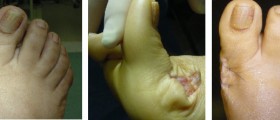
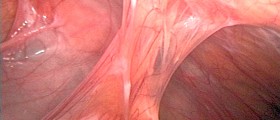
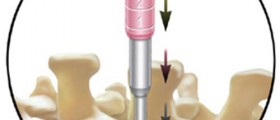





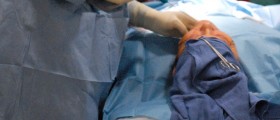



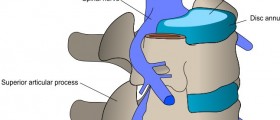
Your thoughts on this
Loading...